
BHOSA MANSEHRA: In a remote village surrounded by lush green hills, Mohammad Fayyaz brings his two-year-old son to a clinic so that a female doctor sitting hundreds of kilometres away can examine him.
Healthcare in rural Pakistan and the careers of women doctors are being revolutionised as internet access grows across the country, allowing people with limited mobility because of geography or culture to interact online.
Previously, Fayyaz would have had to travel for hours from his village of Bhosa in northern Khyber Pakhtunkhwa only to spend hours queuing at overcrowded clinics in cities like Abbottabad or Peshawar for medical help.
Women doctors more than 1,500km to south in Karachi face their own challenges, with their careers often put on ice once they marry and become mothers.
A Karachi-based organisation has deployed Skype to connect doctors based in city to patients in villages
Now, a Karachi-based health tech startup, Sehat Kahani, has deployed Skype to solve both problems at once by bringing work to the doctors and medical advice to the villages.
“My son took just one dose of medicine and he feels much better now,” Fayyaz said after paying a fee of 100 rupees to visit the Sehat Kahani clinic in his village and speak face-to-face via video conferencing to a doctor in Karachi.
Marriage vs career
Convenience is everything in a place where women must walk for miles to fetch water from a spring and power cuts can last up to 12 hours a day, the low hum of generators a constant backdrop to village life.
The remote doctors offer a fresh solution to the country’s poor healthcare sector.
Pakistan has one of the world’s highest infant mortality rates and just 0.5-0.8 per cent of its GDP has been spent on the health sector in the past decade.
“It is very helpful, particularly for female patients because it is close to all of us,” Fayyaz says. “That’s why I am here,” agrees Bibi Mehrunisa, one of the many women clustered in the clinic’s waiting room, some with children in tow.
It’s also important for the women on the computer screens.
At her Karachi home, Dr Benish Ehsan was multitasking, caring for her child as he sat on her lap, even as she began her online examination of a young patient in Bhosa.
“Is he using the bathroom, has the vomiting stopped or not?” she asks through the computer screen, advising the worried mother to feed her child more fruit and vegetables.
“He has lost some weight, so I am prescribing some medicines for that too,” she says.
Later, Dr Ehsan told AFP the programme is empowering for stay-at-home mothers who also happen to be doctors, like her.
“It suits us, we don’t need to go outside and can continue our practice even sitting at home,” she says. “We are enjoying our family life and can also take care of patients.”
Raheel Tanvir, a Sehat Kahani representative at the clinic in Bhosa, says roughly 80pc of women doctors quit the profession after they get married.
“So the basic aim was to bring back those female doctors... They can continue their profession, can examine the patients while sitting at home and can also take care of their families,” says Tanvir.
The Bhosa clinic opened last September and since then has seen hundreds of patients each month, demonstrating the need for the female doctors’ skills.
“It’s a huge waste,” says Javed Akram, vice chancellor of the Pakistan Institute of Medical Sciences (PIMS) in Islamabad, lamenting how women end up using their medical degree “to get married”.
“Men prefer to have doctors as wives rather than receptionists or hair stylists,” he explains. “They are not giving anything back to the country...Let them work.”
Helping remote areas remotely
The clinic in Bhosa operates simply: a nurse examines the patient and sends all the information to the doctor, who then consults with the patient via Skype before making a diagnosis.
The local government is also tuning in to the trend, setting up an e-ilaj, or e-treatment, centre in a village called Bilahi, with plans to expand in other remote areas of KP.
At Bilahi, where women clad in traditional shawls await their turn at the clinic surrounded by rolling hills, a four-year-old named Zehwish Azeem is examined remotely by physician Nadia Rasheed in Islamabad.
Rasheed said the government initiative works with a local internet provider to bring medical advice to some 15 villages with a population of more than 27,000 people in a rural area where doctors are few.
Over the last five years, more than 50,000 patients have been treated in such clinics in Punjab, Sindh, KP provinces, and in a remote village in the Margalla Hills bordering Islamabad, said Rasheed.
“This area is remote, people are poor and they had to travel a long time for treatment,” Mian Badar Jan, an official in the Bilahi clinic, said. “Now this system with modern facilities is helping them.”
Published in Dawn, March 19th, 2018



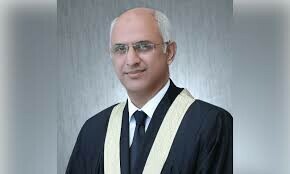














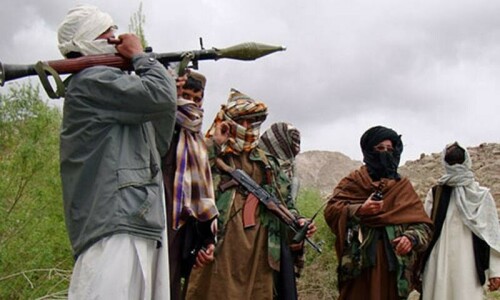

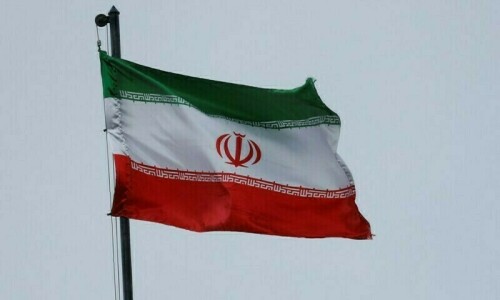

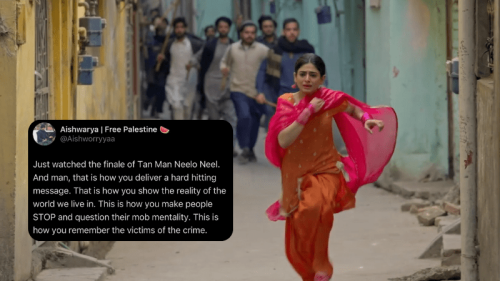

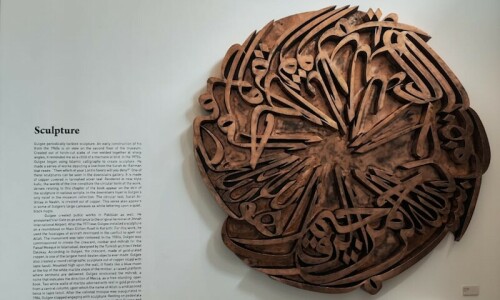











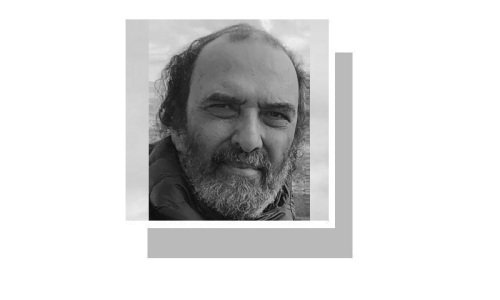


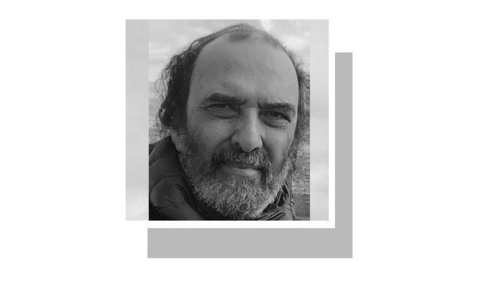
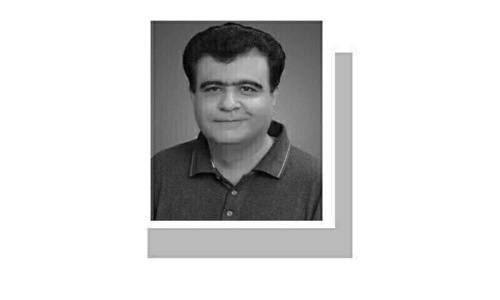
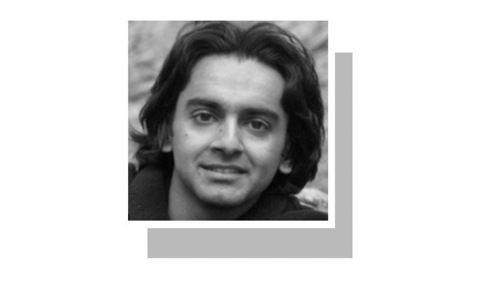




Dear visitor, the comments section is undergoing an overhaul and will return soon.